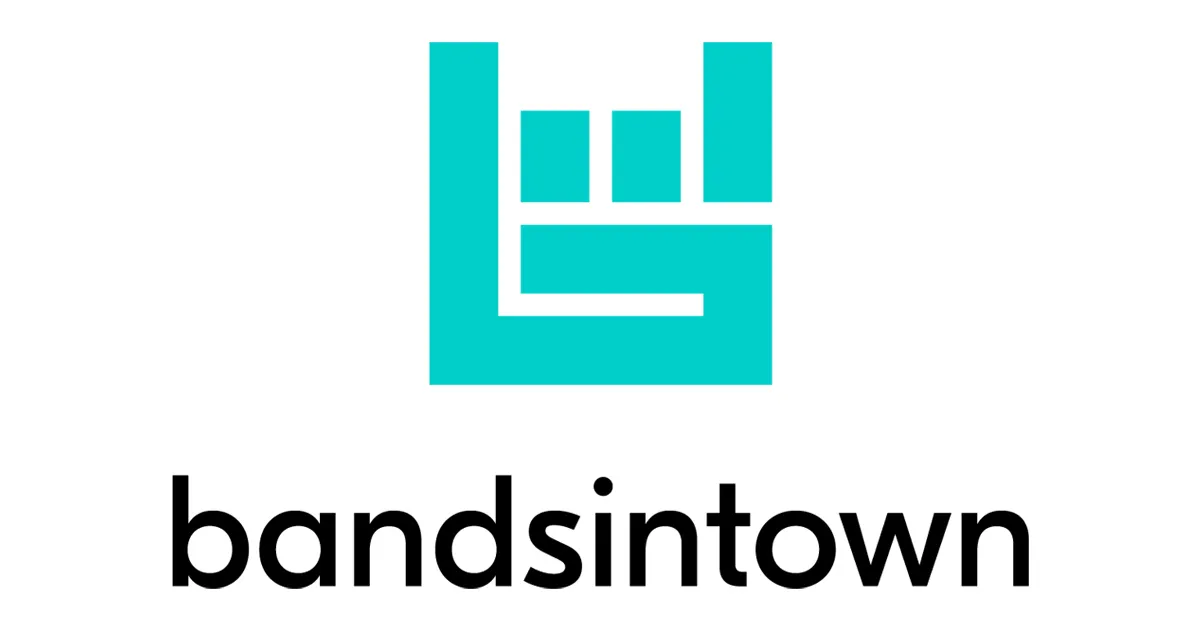The first full-quarter label/artist payout from eMusic after the introduction of the Sony catalog (and the restructuring of its subscription plans) was just about the same as the one for the previous quarter: for the third quarter of 2009, we received 34.2 cents for individual song downloads, a modest increase from the 33.4 cent payout for the second quarter.
Back in June, I speculated that the reason for change in the subscription plans might have been to preserve the current payout levels, as opposed to significantly increasing them. If — after the Sony material was added to the catalog — subscribers became less likely to let their downloads expire, then the previous per-song payouts would have decreased.
Based on the payout for the third quarter, it appears that the overall digital breakage by eMusic subscribers has declined — if it had remained the same, it seems likely that the increase in the per-track payout would have been much larger. However, because the overhaul of the subscription plans coincided with the introduction of the Sony material, it's tough to say if that decrease was because of the availability of the Sony catalog, or the fact that with fewer downloads, subscribers were simply more likely to use them all. (Maybe it's a combination of the two factors.)
There was one other change in the payouts we received: While in all previous quarters, CD Baby just reported the total number of downloads per each individual track, for the third quarter, downloads were reported as single songs or full albums. Perhaps this change was due to eMusic's introduction of "album pricing." Only two of our albums were downloaded in full. The payout for the 10-track album was reported, before CD Baby's 9% commission, as $3.42, which is 10X the per-song rate for the individual song downloads. Yet our 12-track album paid out at $3.76, which works out to slightly less, 31.3 cents, on a per-track basis. If anyone from eMusic or CD Baby is reading and can provide any insight, please leave a comment or shoot me an e-mail.
Related: eMusic's Per-Song Payout for Q2 2009, Sony and eMusic: Why the Per-Track Label Payout Might Not Change




